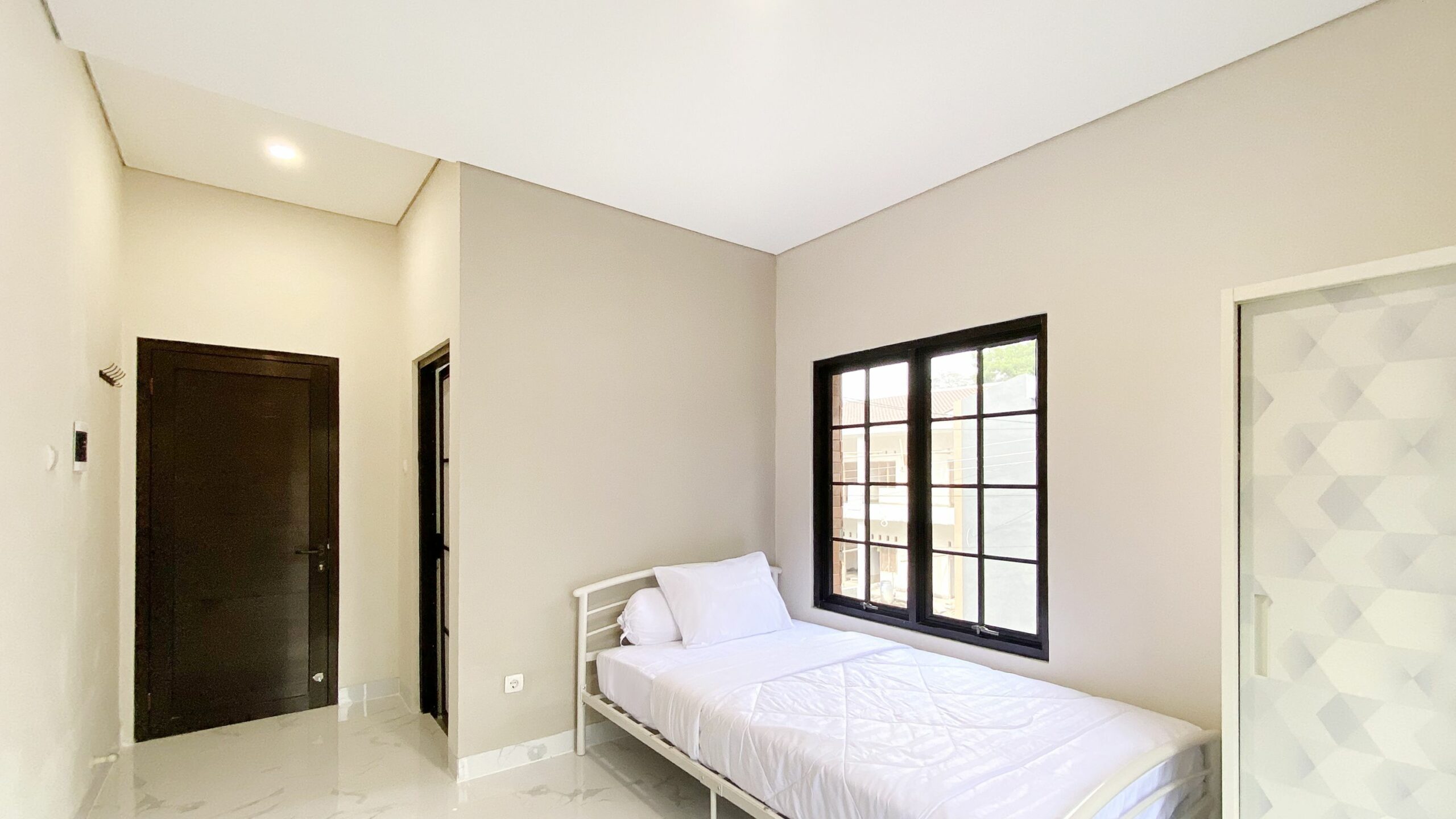Best Banks in Indonesia for Foreigners: Requirements, Tips, and FAQs

A complete guide to open a bank account in Indonesia with ease.
Relocating to Indonesia can be exciting, but managing your finances smoothly is one of the first things you’ll want to get right. Having a local bank account makes life much easier—whether it’s for receiving your salary, paying rent, or simply avoiding international fees.
For foreigners, however, the process of choosing and opening a bank account in Indonesia can feel overwhelming at first. This guide will walk you through the best banks in Indonesia for expats, the requirements you need to know, practical tips, and answers to common questions.
Why Expats Should Open a Bank Account in Indonesia

While some foreigners may try to rely on international accounts or cash, opening a local account provides convenience in many ways. It is much easier to pay rent, utilities, or local services when you can transfer money from a domestic account. You also avoid the high transaction fees that often come with international transfers.
Many banks in Indonesia provide user-friendly mobile banking and online services, which makes handling your finances more efficient. Employers also often require a local account to deposit salaries, so setting one up will make your professional and personal life in Indonesia smoother.
Also Read: How to Open a Bank Account in Indonesia: Step-by-Step Guide for Expats
Best Banks in Indonesia for Foreigners
Not all banks in Indonesia are equally foreigner-friendly. Some banks have stricter requirements, while others are known for their flexibility and accessible services:
1. Bank Central Asia (BCA)
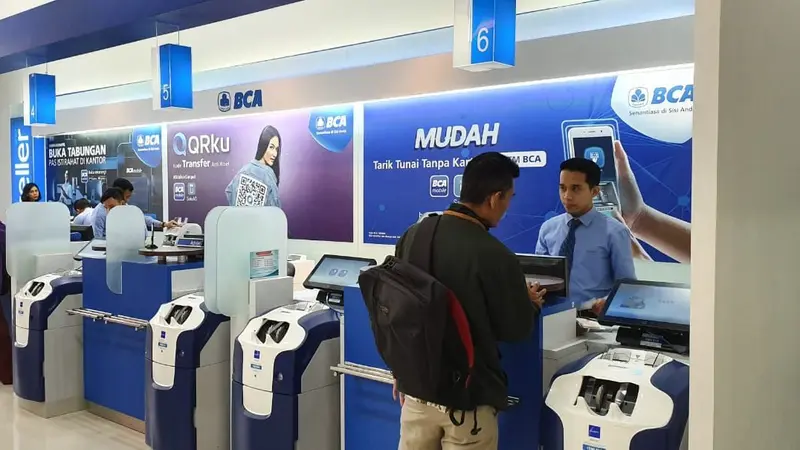
BCA is one of the most trusted banks in Indonesia, well known among both locals and expats. It has a very reliable reputation and is often praised for its efficient services and extensive ATM network. Foreigners appreciate its easy-to-use mobile banking application and the availability of English support in many major branches, especially in Jakarta and Bali.
2. Bank Mandiri
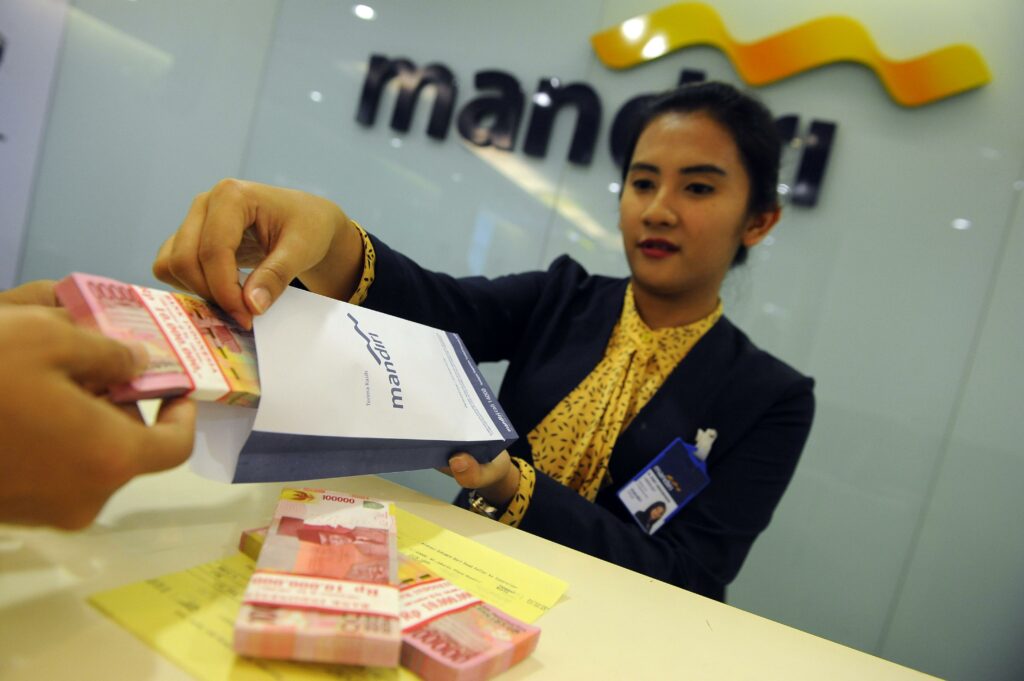
Bank Mandiri, Indonesia’s largest state-owned bank, offers a strong nationwide presence. With a variety of account options, including savings and business accounts, Mandiri caters to a wide range of needs. Its digital banking services are comprehensive, and expats benefit from the bank’s extensive branch coverage across the archipelago.
3. CIMB Niaga
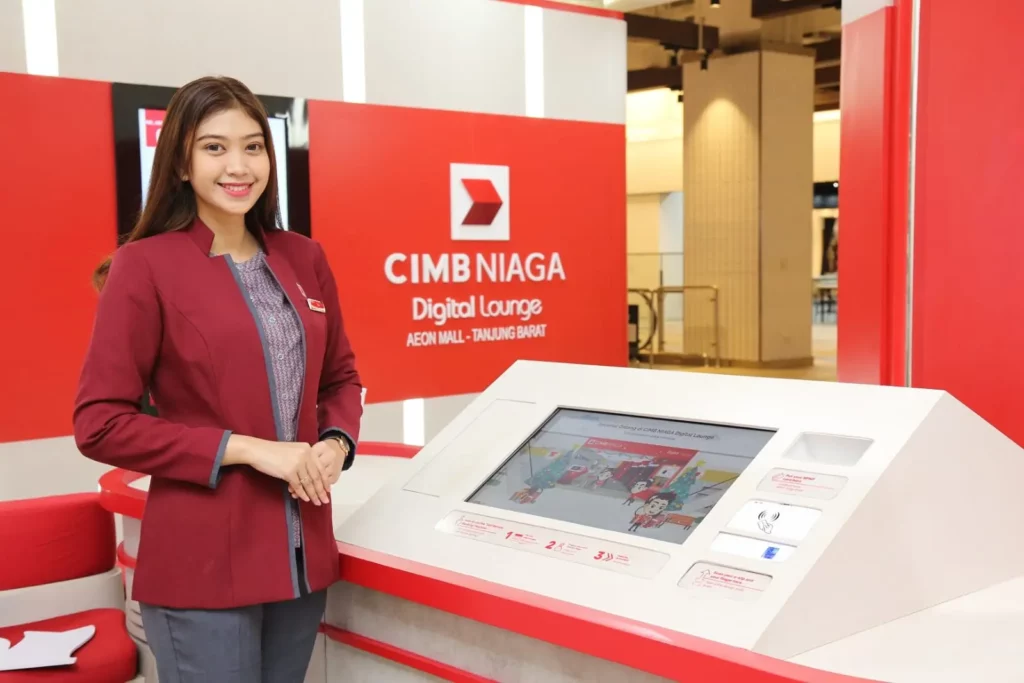
CIMB Niaga is part of the CIMB Group and has built a reputation for being friendly to expats. Many foreigners choose CIMB Niaga because of its relatively straightforward account opening process. The bank is also known for a strong online banking system and for offering access to credit card products for eligible expats.
4. HSBC Indonesia
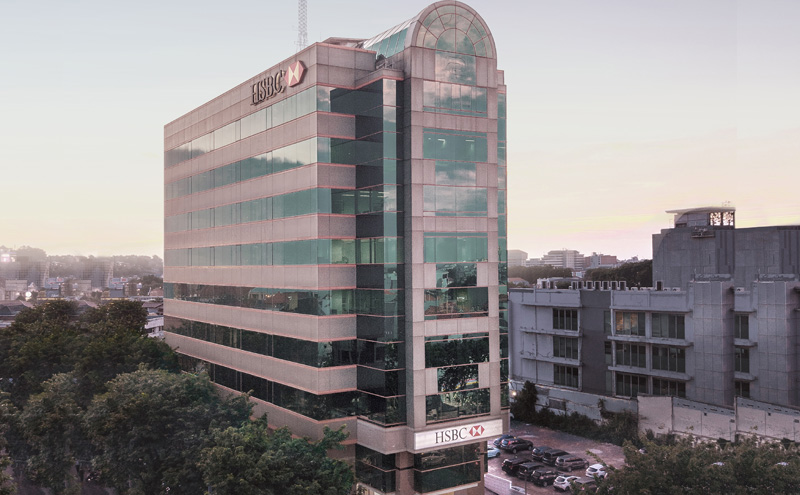
For expats who prefer international banking services, HSBC Indonesia is a natural choice. Although its branches are not as widespread as local banks, HSBC offers premium banking services with benefits that extend globally. Expats who already have accounts with HSBC in their home countries often find it easy to connect their financial services in Indonesia.
5. Standard Chartered Indonesia
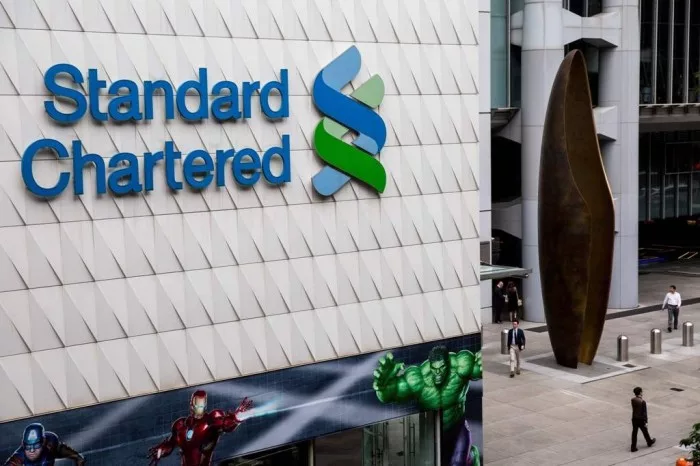
Another international option is Standard Chartered, which is particularly appealing to those who frequently transfer money abroad. It may not have as many branches as BCA or Mandiri, but it provides smooth international transactions, English-speaking staff, and tailored services for wealth management.
Requirements to Open a Bank Account in Indonesia
Requirements may vary depending on the bank, but typically, expats will need the following documents:
- Passport with a valid visa (KITAS/KITAP for long-term stay is preferred)
- Proof of address in Indonesia (rental contract, utility bill, or domicile letter)
- KITAS (Temporary Stay Permit Card) or KITAP (Permanent Stay Permit Card)
- Tax Identification Number (NPWP) – not always required, but some banks will ask for it
- Minimum deposit depending on the bank (often IDR 500,000 – 1,000,000)
Some banks may allow account opening with just a passport and tourist visa, but options will be limited.
Tips for Expats When Opening a Bank Account

Opening a bank account as a foreigner can be a smooth process if you prepare in advance. The following tips will help you navigate the system more easily and avoid unnecessary delays.
1. Check bank requirements first
Each bank has slightly different policies when it comes to foreigners, so the best step you can take is to confirm requirements before visiting a branch. Some banks are stricter, asking for a KITAS, KITAP, or even a tax number, while others may allow you to open an account with just a passport and a proof of local address.
By calling ahead or checking the bank’s official website, you will know exactly what to bring, saving time and frustration. This also prevents you from making multiple visits to the branch, which can be stressful in Indonesia’s busy cities.
2. Choose a bank with English support
Although many Indonesians speak some English, not all bank staff are fluent, especially in smaller cities or branches. Larger banks in Jakarta, Bali, and Surabaya are more accustomed to dealing with foreigners, and international banks such as HSBC and Standard Chartered naturally provide English support.
Choosing a bank that offers staff who can clearly explain account features and requirements in English will give you peace of mind, especially when you are dealing with financial matters that require accuracy and trust.
3. Bring a local friend or colleague
If your Bahasa Indonesia is still limited, bringing along a local friend, colleague, or even a landlord can make the account opening process much easier. Having someone who can translate, explain unfamiliar terms, or even just help you navigate the paperwork is invaluable.
This is especially useful when you need to clarify technical banking terms or negotiate certain conditions, such as deposit requirements or digital banking activation. Beyond translation, a local companion can also help make the interaction friendlier and less intimidating.
4. Start with a savings account
For expats who are new to the country, starting with a simple savings account is the most practical approach. Savings accounts are widely available, easier to open, and do not require extensive documentation. Once you have a savings account established, you can use it for everyday expenses such as paying rent, utilities, or withdrawing cash.
After a few months, once you have established your residency more firmly and have a stable income in Indonesia, you can consider upgrading to other products such as current accounts, time deposits, or credit cards. This gradual approach helps you build a relationship with the bank and makes future applications smoother.
5. Ask about digital banking options
Indonesia’s banking sector has been rapidly modernizing, and many banks now provide mobile apps and online banking services. However, not all digital platforms are equally user-friendly for foreigners.
Some apps may only be available in Bahasa Indonesia, while others provide multilingual support. BCA’s mobile banking service is often praised by expats for its ease of use and reliability, while CIMB Niaga also offers strong digital features.
Before you finalize your account, ask the bank about its mobile banking options, language settings, and whether you can easily make local or international transfers through the app. Having a reliable digital banking service can significantly simplify your daily financial management in Indonesia.
FAQs About Banking in Indonesia for Foreigners
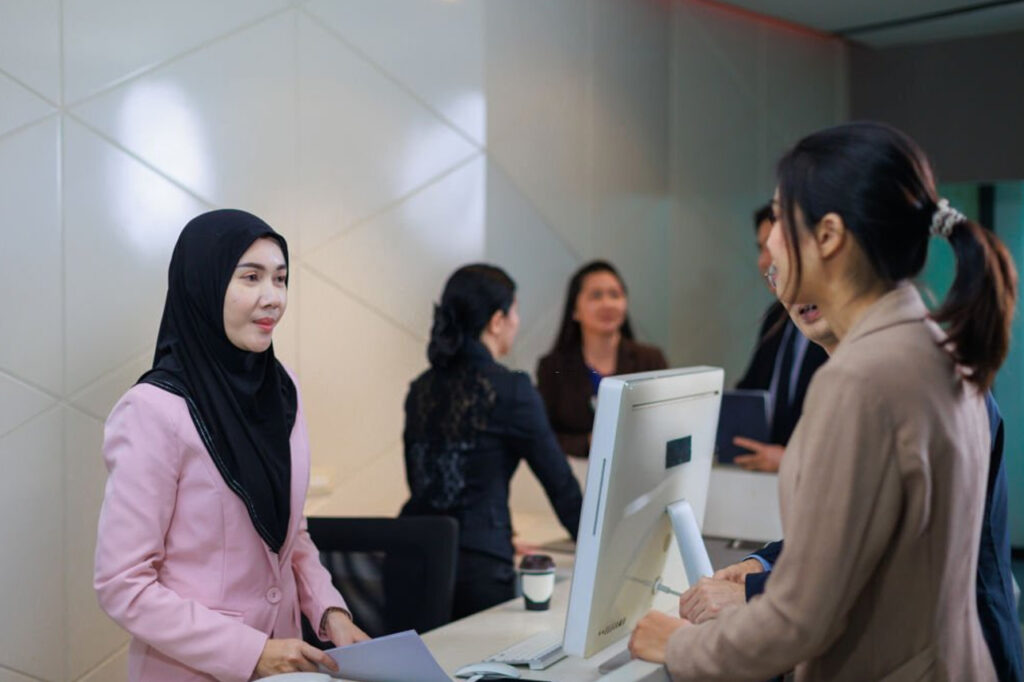
Banking in a new country always raises many questions, and Indonesia is no exception. Beyond requirements and account types, expats often want to know about daily usage, international transfers, and hidden costs. Below are some of the most common concerns, along with practical answers.
Can I open a bank account with just a tourist visa?
Some banks may allow it, but usually, your options will be limited. Having a KITAS or KITAP will make the process much easier.
Which bank is best for everyday use?
BCA and Mandiri are generally the most convenient for everyday transactions, thanks to their large ATM and branch networks.
Are international transfers easy?
Yes, especially if you choose international banks like HSBC or Standard Chartered. However, local banks like BCA and Mandiri also support wire transfers, though fees can be higher.
Do I need to show a minimum income to open an account?
Not usually. Most banks only require an initial deposit.
Are credit cards available for expats?
Yes, but typically you’ll need a KITAS/KITAP and proof of stable income in Indonesia. International banks are usually more flexible with expat credit card applications.
For expats living in Indonesia, opening a bank account is an essential step toward a smooth transition. Your choice depends on your needs like BCA and Mandiri for convenience, or HSBC and Standard Chartered for global access.
Preparing the right documents and using digital tools will make the process easier. Just like banking, finding the right place to live matters too. Rukita provides modern coliving spaces in prime locations, helping expats settle comfortably and focus on enjoying life in Indonesia.
With Rukita, you can find everything from pet-friendly apartments to luxury apartments that not only offer comfort and privacy but also provide easy access to business hubs, shopping, and entertainment. Click the button below to start your search for a home that grows with you.
Don’t forget to download Rukita app via Google Play Store or App Store or visit www.rukita.co. Follow Rukita’s Instagram account @rukita_indo, X account @rukita_id, and TikTok account @rukita_id to get the most recent information and other interesting deals!
Bagikan artikel ini

